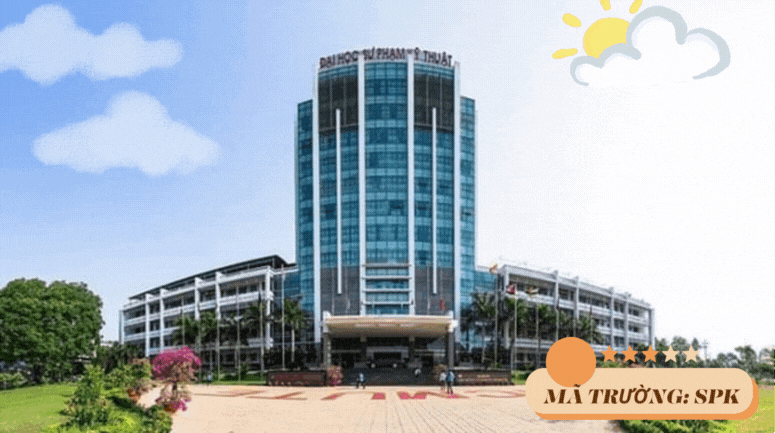Tài liệu Thư viện số
- Giáo trình SPKT (418 )
- Luận văn, luận án (2865 )
- Đồ án, khóa luận tốt nghiệp (9644 )
- Tài liệu tham khảo (1350 )
- BC nghiên cứu khoa học (1589 )
- Kỷ yếu hội thảo (12 )
- Tạp chí khoa học (62 )
- Luật (349 )
- Cơ khí chế tạo máy (2344 )
- Điện - Điện tử (4378 )
- Cơ khí động lực (1242 )
- Xây dựng - Kiến trúc (3233 )
- Thực phẩm, Môi trường (1087 )
- Công nghệ thông tin (3074 )
- Kinh tế - Quản lý (4140 )
- In - Truyền thông (383 )
- CN May - thời trang (832 )
- Nghệ thuật - Ẩm thực (1516 )
- Nông - Lâm - Ngư Nghiệp (763 )
- Y học - Sức khỏe (620 )
- Khoa học xã hội (3535 )
- Lịch sử - Địa lý - Du lịch (492 )
- Khoa học tự nhiên (2112 )
- Văn học (2585 )
- Ngôn ngữ (4289 )
- Khoa học ứng dụng (408 )
- Thông tin Tuyển sinh (61 )
- Thông tin -Thư viện (418 )
- Thể loại khác (1376 )
Danh mục TaiLieu.VN
- Mẫu Slide Powerpoint
- Kinh Doanh Marketing (39320)
- Kinh Tế - Quản Lý (30571)
- Biểu Mẫu - Văn Bản (123435)
- Tài Chính - Ngân Hàng (23744)
- Công Nghệ Thông Tin (56521)
- Tiếng Anh - Ngoại Ngữ (9738)
- Kỹ Thuật - Công Nghệ (44193)
- Khoa Học Tự Nhiên (27343)
- Khoa Học Xã Hội (43227)
- Luật - Kinh tế luật (6560)
- Văn Hoá - Thể thao - Du Lịch (71283)
- Y - Dược - Sức Khoẻ (83234)
- Nông - Lâm - Thuỷ sản (16418)
- Luận Văn - Báo Cáo (217024)
- Tài Liệu Phổ Thông (244133)
- Trắc Nghiệm Online (213578)
- Trắc Nghiệm MBTI
- Trắc Nghiệm Holland
Biotechnology applications in beverage production
Beverage production is among the oldest, though quantitatively most significant, applications of biotechnology methods, based on the use of microorganisms and enzymes. Manufacturing processes employed in beverage production, origi nally typically empirical, have become a sector of growing economic importance in the food industry. Pasteur's work represented the starting point for technological evolution in this field, and over the last hundred years progress in scientifically based research has been intense. This scientific and technological evolution is the direct result of the encounter between various disciplines (chemistry, biology, engineering, etc.). Beverage production now exploits all the various features of first and second-generation biotechnology: screening and selective im provement of microorganisms; their mutations; their use in genetic engineering methods; fermentation control; control of enzymatic processes, including industrial plants; use of soluble enzymes and immobilized enzyme reactors; development of waste treatment proc esses and so on. Research developments involving the use of biotechnology for the purpose of improving yields, solving quality-related problems and stimulating innovation are of particular and growing interest as far as production is concerned. Indeed, quality is the final result of the regulation of microbiological and enzymatic processes, and innovation is a consequence of improved knowledge of useful fermentations and the availability of new ingredients. The Council of Europe's sponsorship of the work which led to the contributions to this volume is clear evidence of the growing need for adequate information about scientific and technological progress.
Từ khóa: Beverages -- Congresses, Biotechnology -- Industrial applications -- Congresses
9 p thehoangthk 26/08/2020 615 2
Bạn đang xem trang mẫu tài liệu này.
ERROR:connection to 10.20.1.101:9315 failed (errno=111, msg=Connection refused)
ERROR:connection to 10.20.1.101:9315 failed (errno=111, msg=Connection refused)



